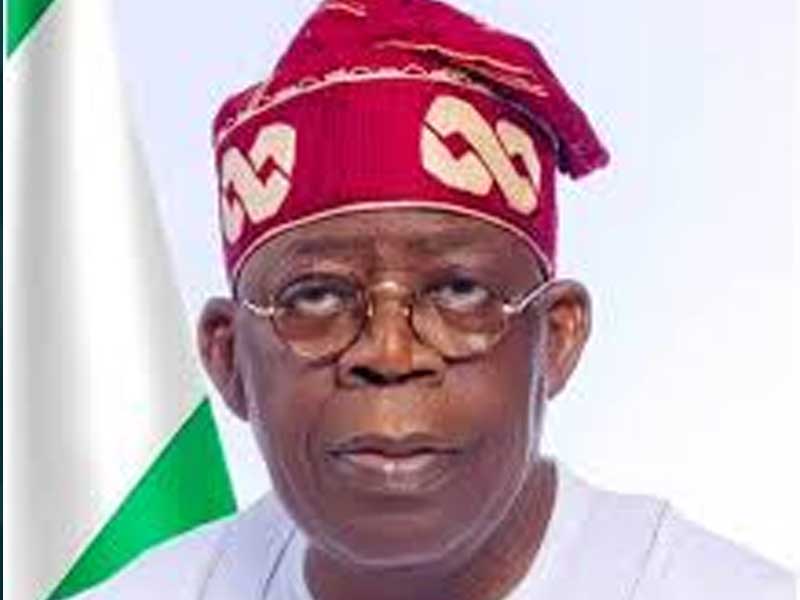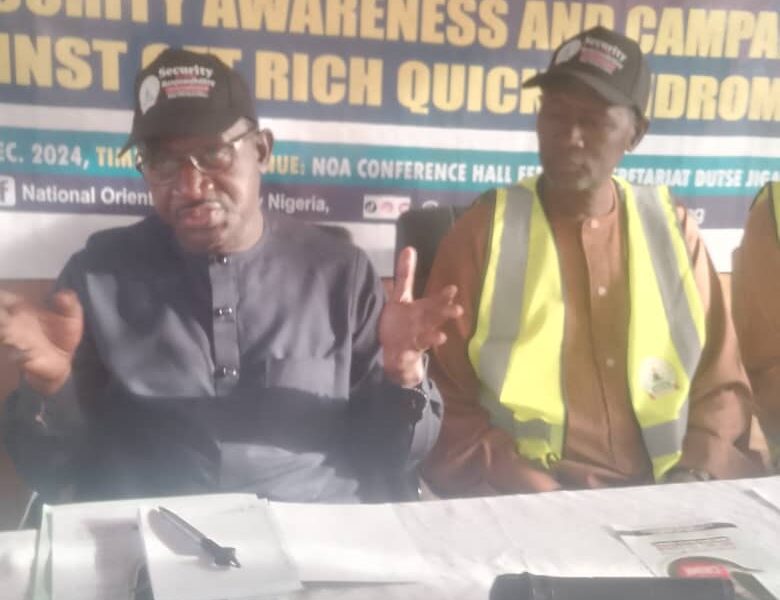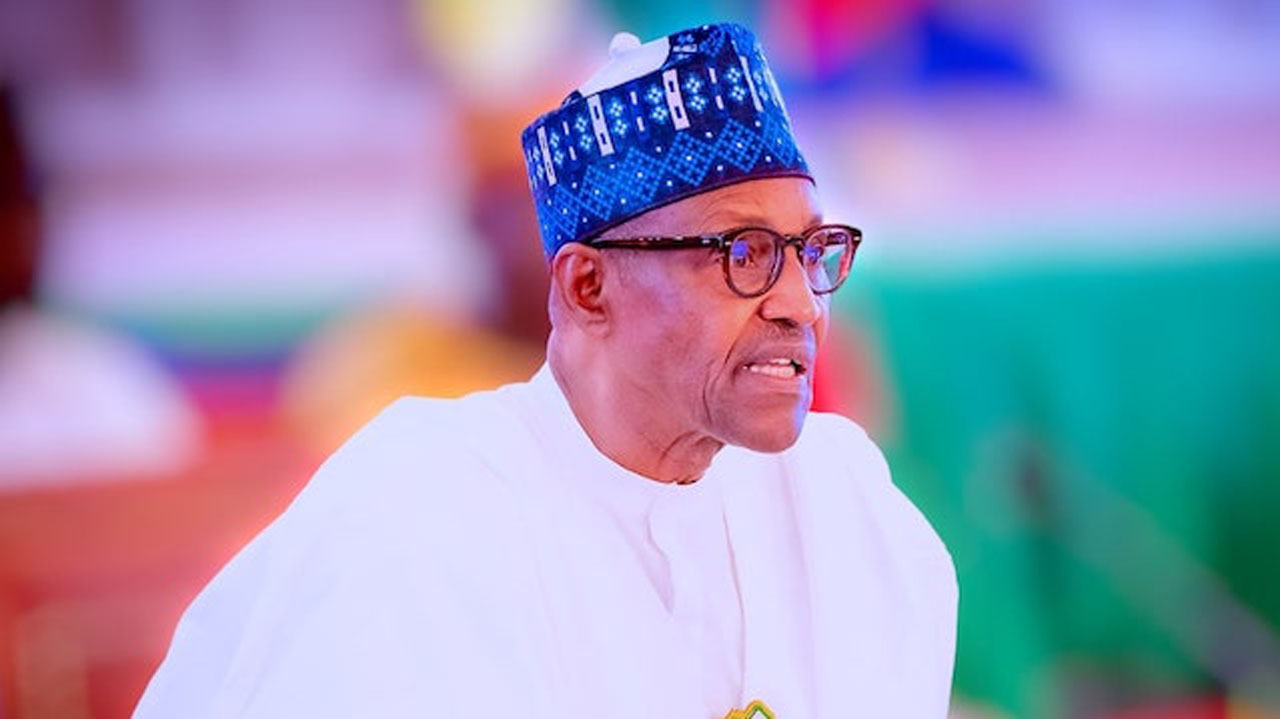***Senator Lado describes assent to the bill as a landmark achievement
The Judicial Office Holders Salaries and Allowances Bill has been signed into law by President Bola Ahmed Tinubu.
Special Adviser to the President on Senate Matters, Senator Basheer Lado made the disclosure in a statement in Abuja on Tuesday.
According to Lado,
“This extraordinary move underscores Mr President’s absolute prioritization of the welfare of Nigerian workers above all else just like he did when he recently put on hold an ongoing Federal Executive Council meeting to assent to the new National Minimum Wage Bill of N70,000.”

Lado said the new Act “prescribes salaries, allowances, etc., for Judicial Officers to reflect the changing realities and consequentially amend the provisions of Certain Political, Public and Judicial Office Holders (Salaries and Allowances, etc.), Act, No.6, 2002 (as amended) to delete the provisions relating to Judicial Office Holders.”
According to him, among the salient features of the Act include: “The prescription of salaries, allowances, and other benefits for Judicial Officers.
“The amendment of the Certain Political, Public and Judicial Office Holders (Salaries and Allowances, etc.) Act, No.6, 2002 (as amended) which provides for the deletion of provisions relating to Judicial Office Holders from the aforementioned Act.”
He described the signing of the Bill by the President as a landmark achievement and a manifestation of his unwavering commitment to the welfare of Nigeria’s workforce.
Lado said: “In a demonstration of his visionary leadership and deep compassion for the Nigerian people, His Excellency President Bola Ahmed Tinubu GCON has once again affirmed his unwavering commitment to the welfare of the nation’s workforce by assenting to the revised Salaries and Allowances for Judicial Office Holders.
“This landmark decision reflects Mr. President’s profound dedication to ensuring that every salary earner in Nigeria, especially those serving in vital and strategic roles, receives the recognition and compensation they deserve.
“By prioritizing the financial well-being of our judicial officers, Mr. President is not only reinforcing the integrity of our justice system but also setting a new standard for leadership that truly values the hard work and sacrifices of all Nigerian workers.
“Under President Tinubu’s administration, the welfare of our workers has become a central pillar of national progress.
“His visionary policies continue to uplift the lives of millions, ensuring that the dignity of labour is upheld, and that those who serve our nation are justly rewarded.
“This assent is a clear testament to Mr. President’s tireless efforts to build a more prosperous and equitable Nigeria, where every worker is empowered to contribute to the nation’s greatness.
“As we look to the future with hope and determination, Mr. President remains steadfast in his mission to champion initiatives that deliver fair compensation, improved working conditions, and a brighter future for all Nigerians.”
Lado commended Senate President Godswill Akpabio (GCON) and Speaker of the House of Representatives, Rt. Hon. Abass Tajudeen, for their patriotic commitment to progressively improving the welfare of Nigerians.
He also lauded the entire members of the 10th National Assembly for prioritizing the welfare of Nigerians by passing and transmitting the executive Bill which has now been promptly assented to by the President.
He urged Judicial Office Holders in the country to redouble their efforts in ensuring that justice is served and speedily so in the light of the action of the President aimed at enhancing their overall welfare and wellbeing.
“The judiciary remains the hope of the common man and it is hoped that Nigerians seeking justice get it irrespective of their status in life,” he said.




